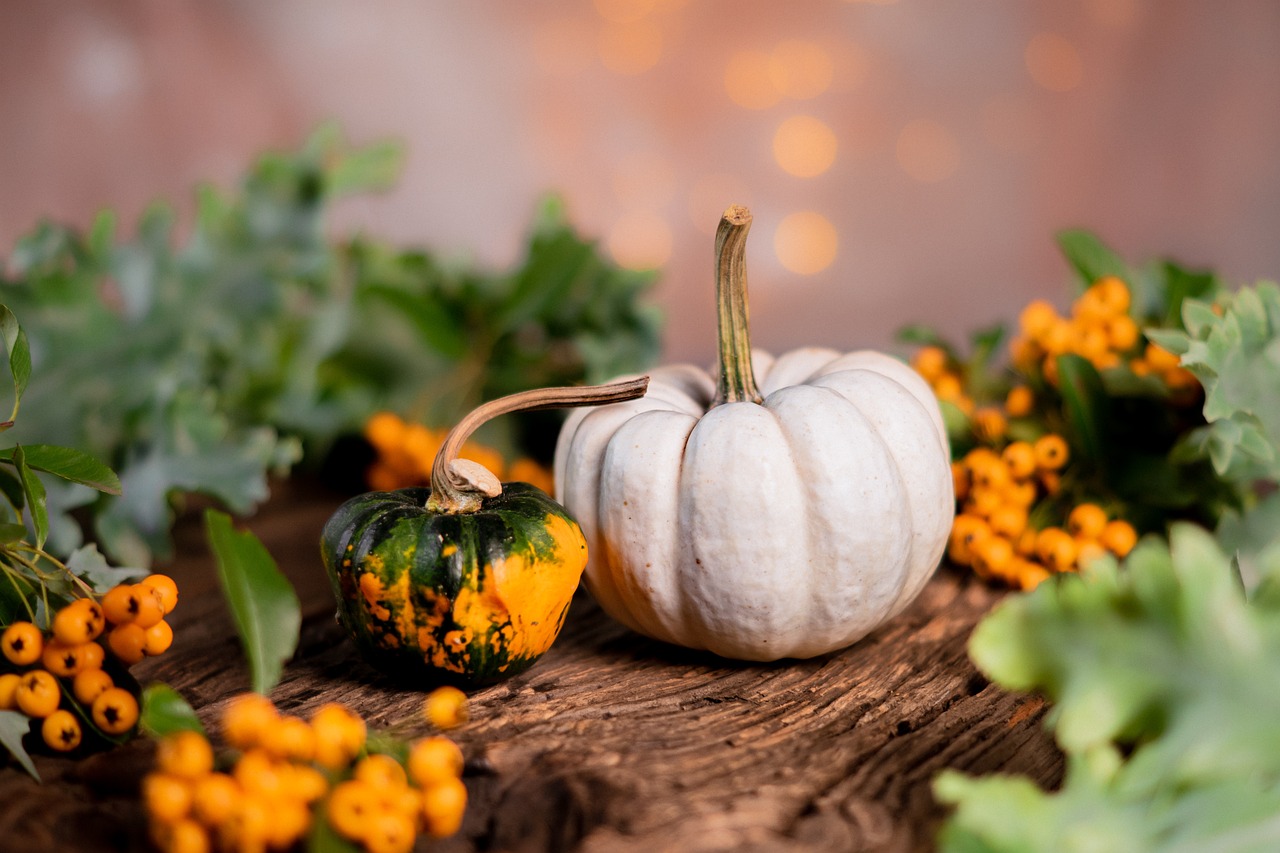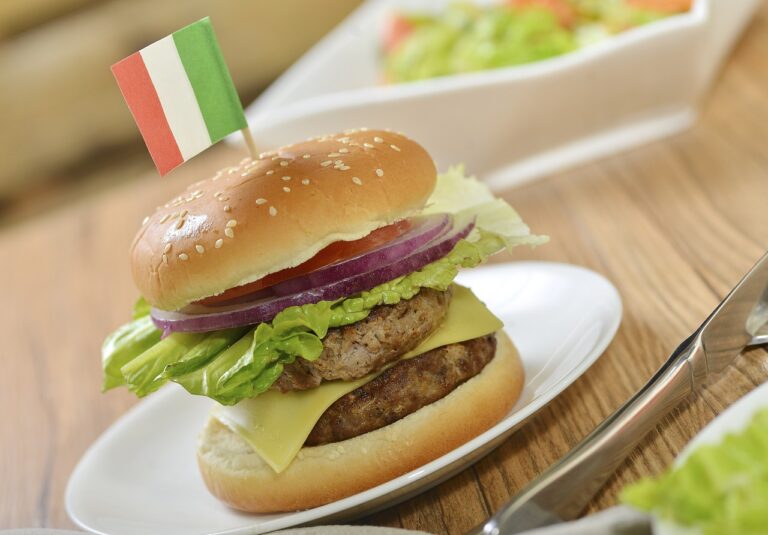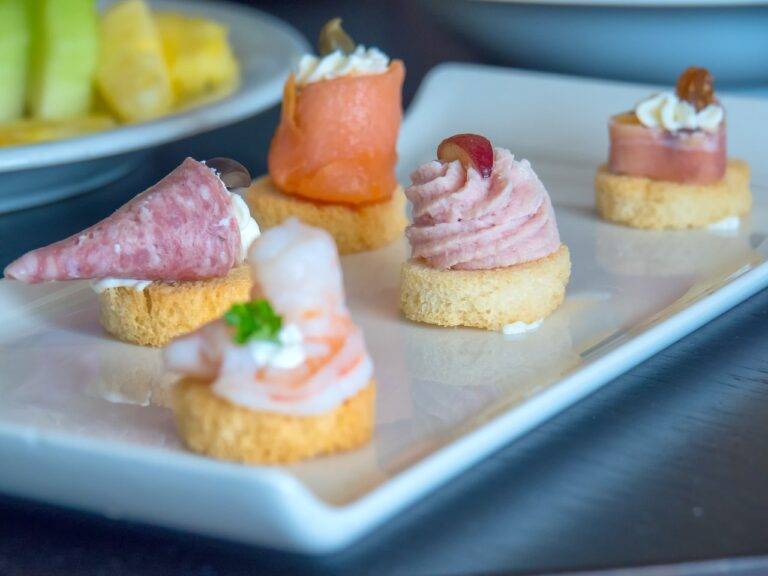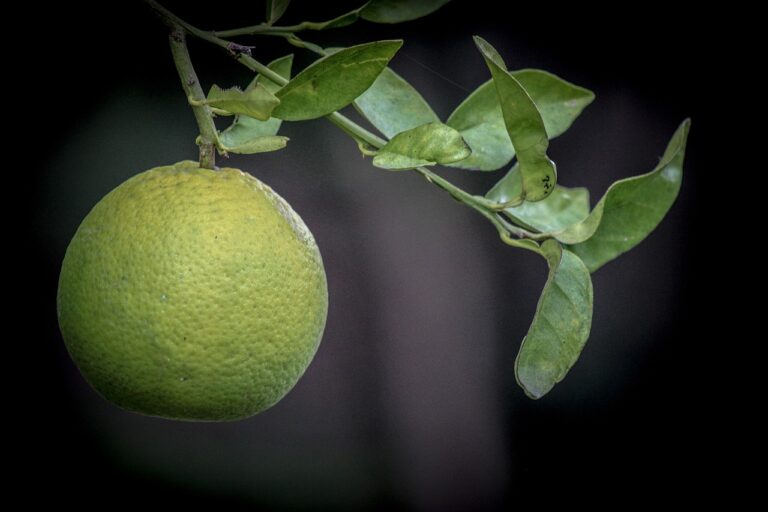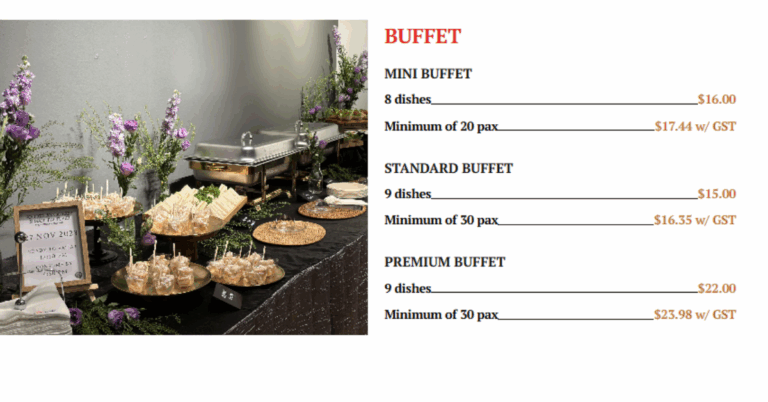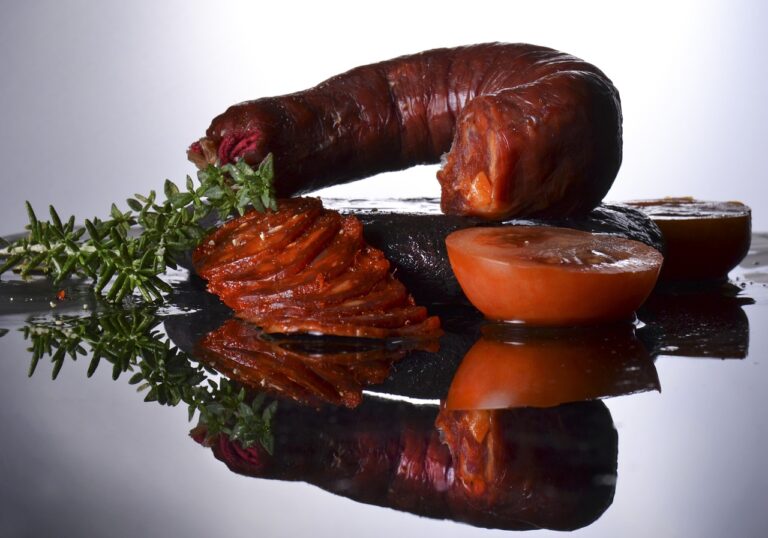Oktoberfest: Celebrating Beer, Food, and Bavarian Culture
The origins of Oktoberfest can be traced back to October 12, 1810, when the wedding of Crown Prince Ludwig and Princess Therese of Saxony-Hildburghausen took place in Munich, Germany. The citizens were invited to attend the festivities held in front of the city gates, which included horse races, feasting, and general merrymaking. The event was so successful that it was decided to hold it again the following year, marking the beginning of the annual tradition.
Over the years, Oktoberfest has evolved to become the world’s largest Volksfest (public festival) celebrated in Munich. The festival now typically starts in late September and extends into the first weekend in October, attracting millions of visitors from around the globe. What was once a royal event has transformed into a celebration of Bavarian culture, featuring traditional music, dances, food, and of course, the famous beer tents where attendees can enjoy a variety of Bavarian brews.
Oktoberfest originated from the wedding of Crown Prince Ludwig and Princess Therese of Saxony-Hildburghausen in 1810
The event included horse races, feasting, and merrymaking
Due to its success, it became an annual tradition starting the following year
Oktoberfest has evolved into the world’s largest Volksfest celebrated in Munich
The festival now starts in late September and extends into early October
Millions of visitors from around the world attend to celebrate Bavarian culture
Traditional music, dances, food, and beer tents are key features of Oktoberfest
Attendees can enjoy a variety of Bavarian brews while immersing themselves in the festive atmosphere
Traditional Bavarian Costumes
Bavarian traditional costumes hold a deep-rooted significance in the region’s cultural heritage. The most iconic costume for men is the Lederhosen, leather shorts adorned with intricate embroidery and paired with checkered shirts and wool socks. Women typically wear the Dirndl, a dress featuring a tightly fitted bodice, blouse, full skirt, and apron, which varies in length and color depending on the region and occasion. These costumes are not merely worn for special events like Oktoberfest but are also symbols of pride and tradition for the Bavarian people.
The craftsmanship and attention to detail in these costumes are highly regarded, with many pieces being handmade and passed down through generations. Each garment and accessory carries its own significance, from the position of a knot on a certain apron to the pattern of embroidery on a vest. The colors and styles of the costumes also hold specific meanings, such as indicating the wearer’s marital status or family heritage. Wearing traditional Bavarian costumes is not just about donning clothing but embodying a sense of cultural identity and history.
Beer Tents and Breweries
Beer tents at Oktoberfest are an essential part of the festival experience. Each tent has its own unique atmosphere, with lively music, traditional food, and of course, plenty of beer flowing. From the historic Hofbr䵨aus tent to the vibrant Schottenhamel tent, visitors have a wide variety of options to choose from.
Bavarian breweries play a significant role in Oktoberfest, with only beers brewed within the city limits of Munich being served at the festival. These breweries adhere to strict quality standards and traditions, ensuring that each beer served at Oktoberfest is of the highest caliber. Some of the most well-known breweries include Paulaner, Augustiner, and L��br䵬 each offering their own distinct brews for visitors to enjoy.
When did Oktoberfest originate?
Oktoberfest originated in 1810 in Munich, Germany to celebrate the marriage of Crown Prince Ludwig (later King Ludwig I) and Princess Therese of Saxe-Hildburghausen.
What are traditional Bavarian costumes called?
Traditional Bavarian costumes are called Tracht, which includes Lederhosen for men and Dirndls for women.
How many beer tents are typically set up at Oktoberfest?
There are usually around 14 large beer tents set up at Oktoberfest, each representing a different brewery.
What are some popular breweries that participate in Oktoberfest?
Some popular breweries that participate in Oktoberfest include Hofbr䵨aus, Augustiner, Paulaner, and Spaten.
Can I visit the breweries in Munich outside of Oktoberfest?
Yes, many of the breweries in Munich offer brewery tours and tastings throughout the year.

